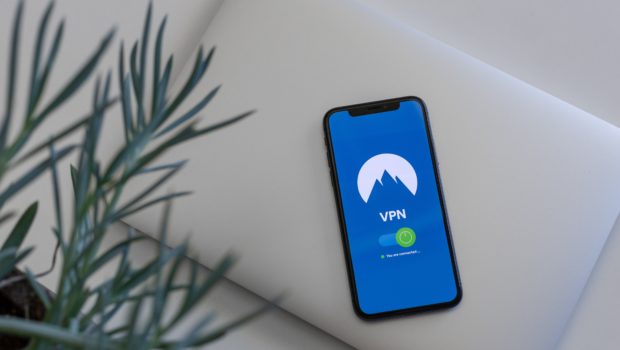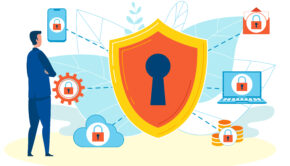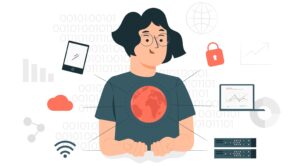Hidden Dangers of Using Free VPNs
VPNs are useful tools that protect you while you carry out activities online. With a VPN, you will be protected against certain types of cyberattacks, you will be able to bypass censorship, you will be able to mask your browsing activities from your ISP, and you’ll even be able to unblock geographically restricted streaming media. There are many different VPN services available but you should generally avoid free ones. We’ll explain why below.
Avoid Using Free VPNs
There are several hidden dangers involved with using free VPNs. For instance, free VPNs oftentimes record logs of your activity. They then use this information to target you with ads. These ads are usually out of hand and they bombard users, lessening their browsing experience. Free VPN companies may even sell data outlining your browsing data to third parties.
Some free VPNs may even contain malware. This is quite ironic seeing as how VPNs are meant to protect you. Several free VPNs are just out to make a quick dollar, unfortunately.
Many free VPNs are also located in countries where the privacy laws dictate that companies must turn your data over to the authorities if this is requested. This isn’t great from a privacy standpoint at all.
Other than the obviously bad practices mentioned above, free VPNs simply don’t have as many resources as paid VPN services. This means that they give their users access to fewer servers. This leads to server overcrowding, limited bandwidth, and slow connections overall. You will also probably only be able to download a limited amount of data. Some free VPN providers will restrict you to as little as 500 MB of data. You probably won’t be able to have several devices logged on to your account use your service simultaneously either. This is quite restrictive since most people own several internet-connected devices these days.
With a free VPN service, you also may not be able to bypass geographical restrictions. Streaming services are constantly trying to stop users from bypassing geographical blocks and free VPN servers are simply easier to detect and block. In addition, they might try to restrict you from doing things like torrenting. This kind of defeats the purpose of having a VPN, since users connect to VPN servers to do things like protecting themselves from malicious parties while torrenting.
While free VPNs should generally be avoided, not all free VPNs are terrible. In fact, although there are some restrictions that come with using these services, VPNs like ProtonVPN, Hide.me, TunnelBear, Windscribe, and ZoogVPN offer users a decent amount of protection while browsing. ProtonVPN, Windscribe, and ZoogVPN even allow access to the U.S. Netflix library.
Final Thoughts
The moral of the story here is to be wary of free VPNs. Most of them will provide you with subpar service. However, there are some decent VPN services available for free that you should check out. These services are ideal if you don’t have a subscription to a paid service but need access to a VPN service in a pinch.
Photo by Petter Lagson on Unsplash
















